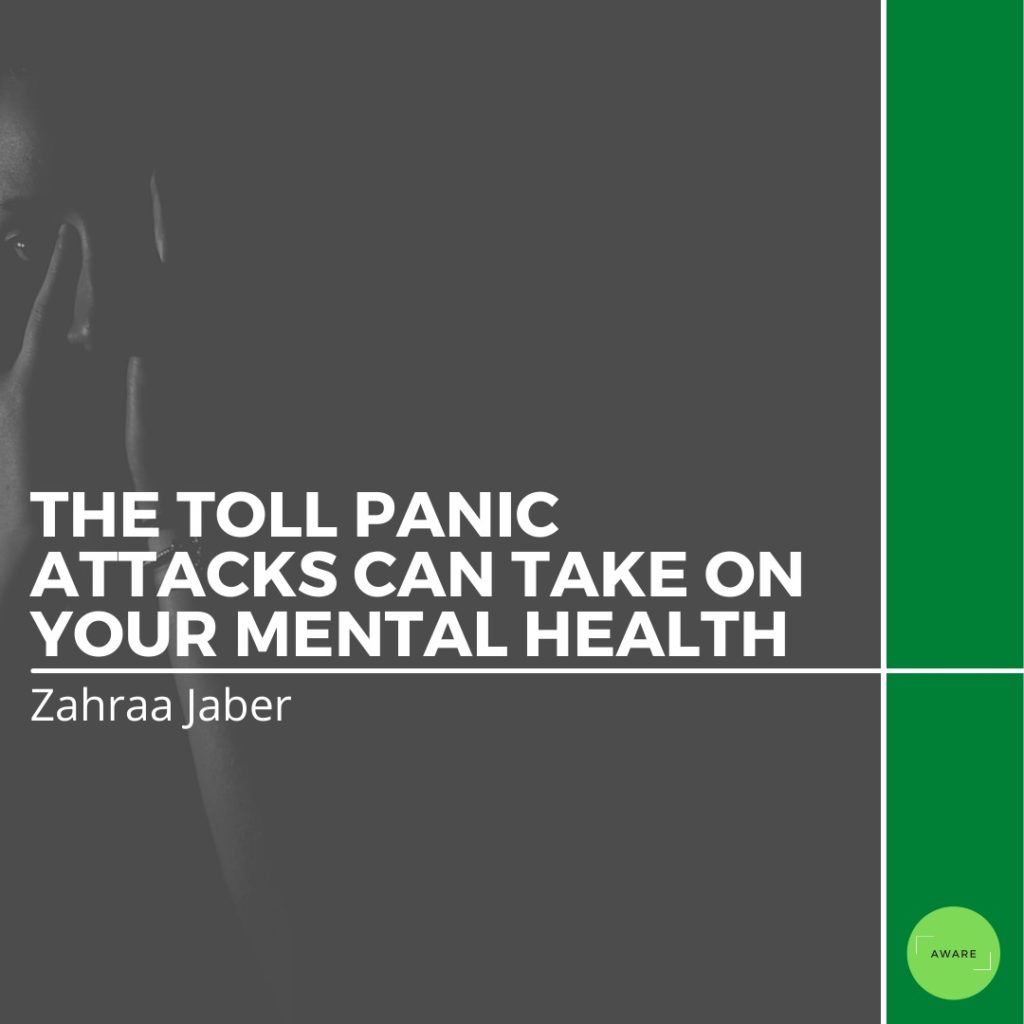A panic attack is a brief episode of intense anxiety, which causes the physical sensations of fear. These can include a racing heartbeat, shortness of breath, dizziness, trembling, and muscle tension. Panic attacks occur frequently and unexpectedly and are often not related to any external threat. A panic attack can last from a few minutes to half an hour. However, the physical and emotional effects of the attack may last for a few hours, or even a couple of days.
The Fight-or-Flight Response & Panic Attacks
When the body is faced with immediate danger, the brain orders the autonomic nervous system to activate the fight-or-flight response. The body is flooded with a range of chemicals, including adrenaline, that trigger physiological changes. For example, heart rate and breathing are accelerated, and blood is shifted to the muscles to prepare for physical combat or running away. A panic attack is said to occur when the fight-or-flight response is triggered but there is no danger about to happen. A person may experience the symptoms of a panic attack in harmless and apparently stress-free situations, such as watching television or while asleep.
The Impact Panic Attacks Have
Left untreated, panic attacks can affect almost every area of your life. You may be so afraid of having more panic attacks that you live in a constant state of fear, ruining your quality of life. Some of these complications include –
- Development of specific phobias, such as fear of driving or leaving your house
- Frequent medical care for health concerns and other medical conditions
- Avoidance of social situations
- Depression, anxiety disorders, and other psychiatric disorders
- Alcohol or other substance misuse
There is no sure way to prevent panic attacks or panic disorder. However, if the attacks persist, it would be most beneficial to seek professional and medical help.
